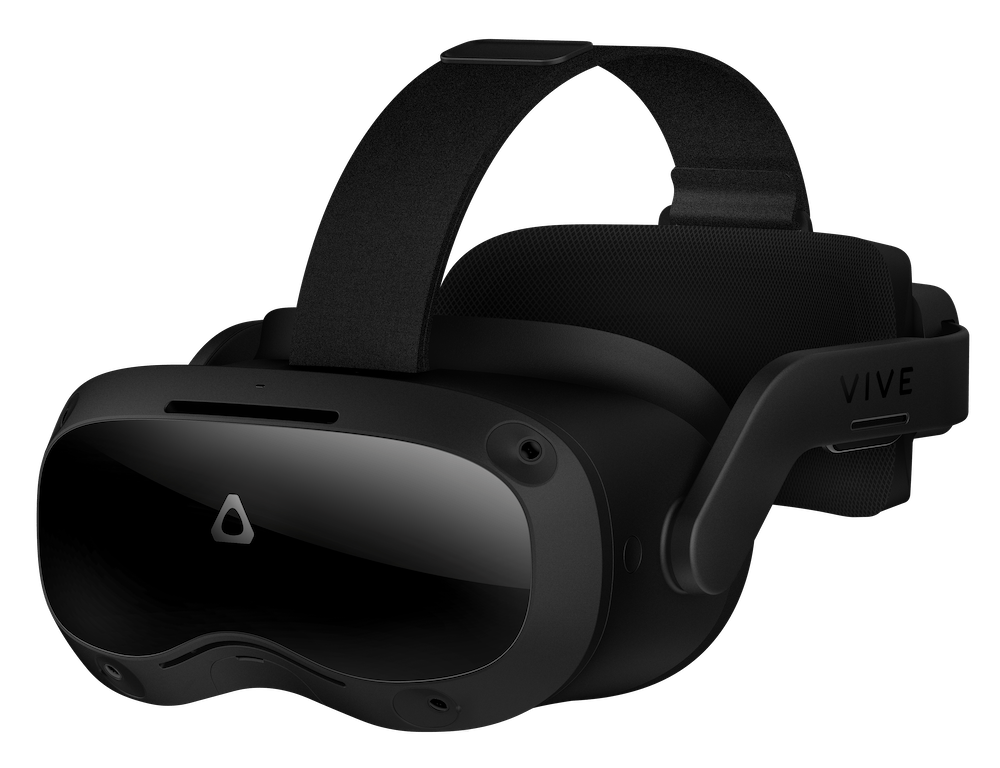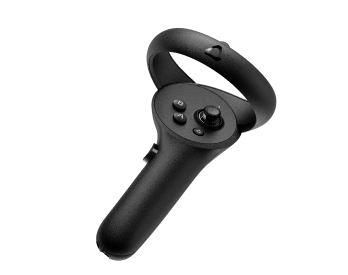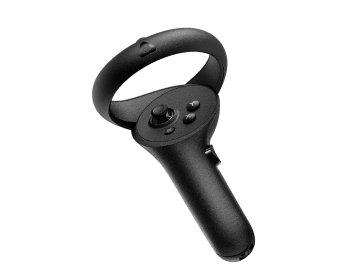Let’s talk about motion sickness: it can sometimes be a problem for a small percentage of people when they put on a headset and enter a VR experience. It can also be a debatable situation as we’ll discuss further down. Unfortunately, a lot of people have had past experiences in VR that weren’t the most optimal. From that epic rollercoaster ride that was poorly edited, to crawling on a plank thousands of feet above the ground, we can all understand why some people express hesitancy when entering VR.
Motion sickness in VR happens when your eyes tell the brain you’re moving around in a virtual environment, but your body feels like it’s sitting in a chair or standing still. This conflict between your senses is what causes motion sickness. The effects of motion sickness in PeriopSim VR are greatly reduced since it is a static environment and the viewpoint remains locked in place.
If you feel queasy in VR, limit your training sessions to just one module at a time. If you start feeling uncomfortable, reset by shutting your eyes, taking deep breaths, and taking a short break before trying again.
Given that one in three people experience some type of motion sickness, it’s highly likely that someone you know will say they get motion sickness in virtual reality. Yes, it’s contagious to say…literally! It has been documented that users who discussed motion sickness with those who are about to enter into a VR experience were significantly more likely to report motion sickness symptoms than if they were not told.
To prove this theory, there’s no better place to look than the high seas. A study1 (I) was published years ago by the American Psychological Association regarding using the self-fulfilling prophecy (SFP) approach and reducing the likelihood of seasickness in naval cadets. The study found that by enhancing self-efficacy through positive verbal reinforcement, the naval cadets were less likely to experience seasickness, and if they did, it wouldn’t affect their performance. The researchers called this effect a “verbal placebo” and noted its potential applications for reducing simulator sickness in virtual reality.
For businesses looking to implement VR training programs, it’s important for trainers to be educated on motion sickness and to carefully craft their language when discussing these issues with trainees. The “train the trainer” approach can prevent social escalation of motion sickness and help users have a more positive virtual reality experience.
Researchers have also found2 (II) that users would experience less motion sickness if they chewed gum. Chewing gum stimulates the mastoid region and this could cause vestibular signals to be demoted by the brain. In other words, chewing gum might trick the brain into prioritizing signals that come from the eyes, rather than paying attention to a conflict in senses resulting in less motion sickness.
And finally my favorite one of all…Ginger. This is not just an “old wives tale” but ginger is actually effective in alleviating motion sickness from VR3 (III) . Different forms of ginger, such as ginger chews, ginger ale, ginger tea, or ginger capsules, can be used to alleviate symptoms. Ginger has been found to be effective against existing VR sickness and can even prevent it from happening in the first place.
Motion sickness is real, but rest assured it’s something that can be mitigated with the right preventive measures.
(I) Eden D, Zuk Y. Seasickness as a self-fulfilling prophecy: raising self-efficacy to boost performance at sea. J Appl Psychol. 1995 Oct;80(5):628-35. doi: 10.1037/0021-9010.80.5.628. PMID: 7592232.
(II) Kaufeld M, De Coninck K, Schmidt J, Hecht H. Chewing gum reduces visually induced motion sickness. Exp Brain Res. 2022 Feb;240(2):651-663. doi: 10.1007/s00221-021-06303-5. Epub 2022 Jan 7. PMID: 34997261; PMCID: PMC8741140.
(III) Han-Chung Lien, Wei Ming Sun, Yen-Hsueh Chen, Hyerang Kim, William Hasler, Chung Owyang Effects of ginger on motion sickness and gastric slow-wave dysrhythmias induced by circular vection
https://pubmed.ncbi.nlm.nih.gov/12576305



